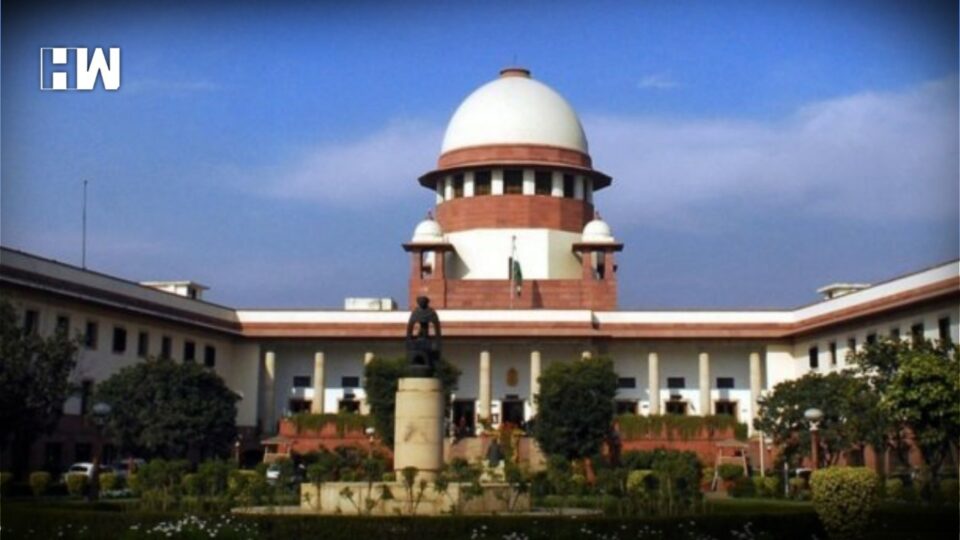The Supreme Court on Thursday posted for hearing the pleas challenging the government’s Electoral Bond scheme allowing anonymous funding to political parties
New Delhi: The Supreme Court on Thursday posted for hearing the pleas challenging the government’s Electoral Bond scheme allowing anonymous funding to political parties in the last week of January.
A bench of Justices BR Gavai and Vikram Nath adjourned the matter to January last week citing difficulty in hearing the matter today. Advocate Prashant Bhushan, representing NGOs Association for Democratic Reforms and Common Cause– petitioners in the case, told the bench that the matter should be referred to a five-judge Constitution bench.
Weighty issues of public importance are involved on which an authoritative pronouncement is required, Bhushan added.
The bench said that to refer the matter to the Constitution bench, the arguments from both sides have to be heard and opined that the case will be heard in January.
“What is the pressing urgency that it has to be heard on a penultimate day before vacation,” asked Justice Gavai.
The top court is going on winter break till January 1 and Friday is its last working day.
There is no election now, we will hear it in the last week of January, said the bench.
Bhushan contended that elections are happening every few months and the plea raises an important issue.
Earlier, an application was filed before the apex court relating to the Centre amending the Electoral Bonds scheme to allow their sale for 15 extra days during the “year of general elections to the legislative assembly of States and Union territories with the legislature”.
The fresh application was filed by Congress leader Jaya Thakur in the main matter, pending since 2017.
Jaya Thakur had challenged the Electoral Bond scheme which allows for anonymous funding to political parties.
An Electoral Bond is an instrument in the nature of a promissory note or bearer bond which can be purchased by any individual, company, firm or association of persons provided the person or body is a citizen of India or incorporated or established in India. The bonds are issued specifically for the purpose of contributing funds to political parties.
The Ministry of Finance on November 7 this year issued a notification for amending the scheme to provide “an additional period of 15 days” for their sale “in the year of general elections to the Legislative Assembly of States and Union Territories with Legislature”.
“An additional period of fifteen days shall be specified by the Central Government in the year of general elections to the legislative assembly of states and Union territories with legislature,” the gazette notification said.
Also, Read: Jio launches 5G services with unlimited data for iPhone 12 and above
The government notified the Electoral Bond Scheme in 2018. The bonds under this scheme are usually made available for purchase by any person for a period of ten days each in the months of January, April, July and October, when specified by the Union government.
The original scheme had provided for an additional period of thirty days, as specified by the government, in the year when Lok Sabha elections are held, while the amendment adds another 15 days.
In October, the Centre in an affidavit had said that the methodology of the electoral bonds scheme is a “completely transparent” mode of political funding and it is impossible to get black money or unaccounted money.
Various petitions have already been pending before the top court challenging at least amendments made to different statutes through the Finance Act 2017 and Finance Act 2016 on the ground that they have opened doors to unlimited, unchecked funding of political parties.
NGOs Association of Democratic Reforms and Common Cause have said that the Finance Bill, 2017, which paved the way for the introduction of the electoral bond scheme, was passed as a money bill even though it was not.
(Except for the headline, this story has not been edited by HW News staff and is published from a syndicated feed.)
As an independent media platform, we do not take advertisements from governments and corporate houses. It is you, our readers, who have supported us on our journey to do honest and unbiased journalism. Please contribute, so that we can continue to do the same in future.

